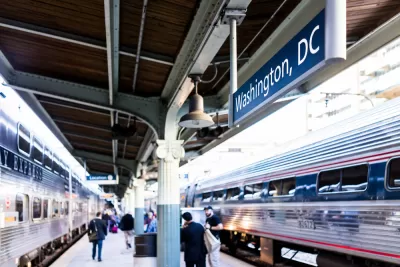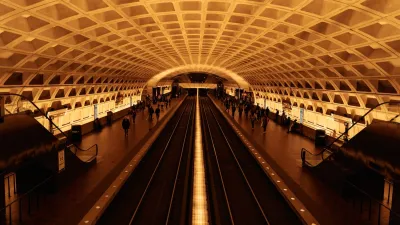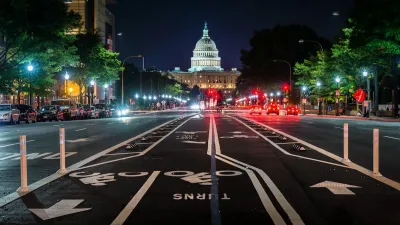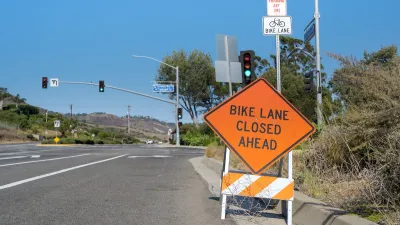The Federal Railroad Administration announced a round of grant funding for the Consolidated Rail Infrastructure and Safety Improvements (CRISI) program. The 2021 Infrastructure Investment and Jobs Act tripled the amount of funding for the program.

The Federal Railroad Administration (FRA) today announced $368 million in grant funding through the Consolidated Rail Infrastructure and Safety Improvements (CRISI) program. The funding will go to 46 projects in 32 states and the District of Columbia.
“These investments will play a crucial role in modernizing our country’s rail infrastructure and strengthening supply chains, helping to reduce congestion and get people and goods where they need to go quickly and more affordably.” according to an FRA press release. The press release adds that the Infrastructure Investment and Jobs Act (IIJA) tripled funding for the CRISI program.
The CRISI program funds capital investments on intercity passenger and freight rail routes to improve safety, economic opportunity, equity, sustainability and resilience. The press release also includes highlights from this round of fundings, including a upgrades for 18 miles of rail between Preston and Cordele, Georgia; rail capacity modernization at the Port of Baltimore; and the Raleigh to Richmond Corridor Infrastructure Engineering and Safety Program.
An article by Jennifer Shutt for the Virginia Mercury provides some details about that last project, as well as digging into more detail on the CRISI program’s benefit for rural areas.
FULL STORY: Passenger and freight rail projects in 32 states get millions from U.S. DOT

Study: Maui’s Plan to Convert Vacation Rentals to Long-Term Housing Could Cause Nearly $1 Billion Economic Loss
The plan would reduce visitor accommodation by 25,% resulting in 1,900 jobs lost.

North Texas Transit Leaders Tout Benefits of TOD for Growing Region
At a summit focused on transit-oriented development, policymakers discussed how North Texas’ expanded light rail system can serve as a tool for economic growth.

Using Old Oil and Gas Wells for Green Energy Storage
Penn State researchers have found that repurposing abandoned oil and gas wells for geothermal-assisted compressed-air energy storage can boost efficiency, reduce environmental risks, and support clean energy and job transitions.

Private Donations Propel Early Restoration of Palisades Playground
Los Angeles has secured over $1.3 million in private funding to restore the Pacific Palisades playground months ahead of schedule, creating a modern, accessible space that supports community healing after recent wildfires.

From Blight to Benefit: Early Results From California’s Equitable Cleanup Program
The Equitable Community Revitalization Grant (ECRG) program is reshaping brownfield redevelopment by prioritizing projects in low-income and environmental justice communities, emphasizing equity, transparency, and community benefits.

Planting Relief: Tackling Las Vegas Heat One Tree at a Time
Nevada Plants, a Las Vegas-based nonprofit, is combating the city’s extreme urban heat by giving away trees to residents in underserved neighborhoods, promoting shade, sustainability, and community health.
Urban Design for Planners 1: Software Tools
This six-course series explores essential urban design concepts using open source software and equips planners with the tools they need to participate fully in the urban design process.
Planning for Universal Design
Learn the tools for implementing Universal Design in planning regulations.
Ascent Environmental
Borough of Carlisle
Institute for Housing and Urban Development Studies (IHS)
City of Grandview
Harvard GSD Executive Education
Toledo-Lucas County Plan Commissions
Salt Lake City
NYU Wagner Graduate School of Public Service





























